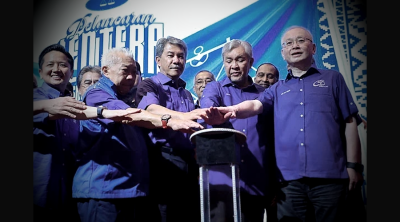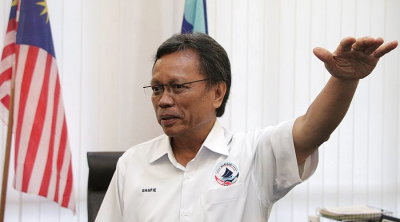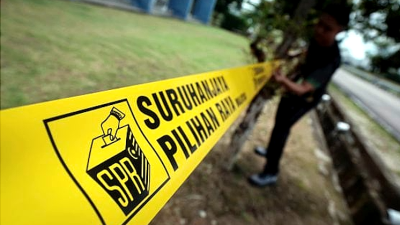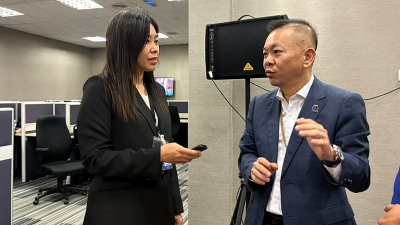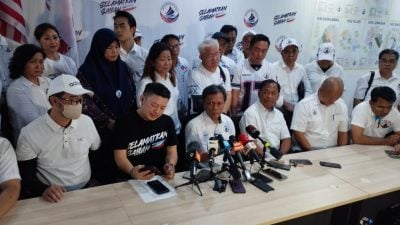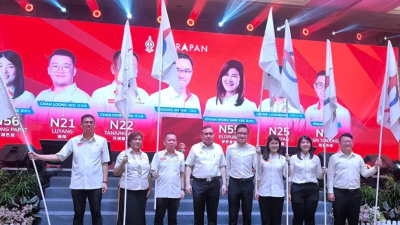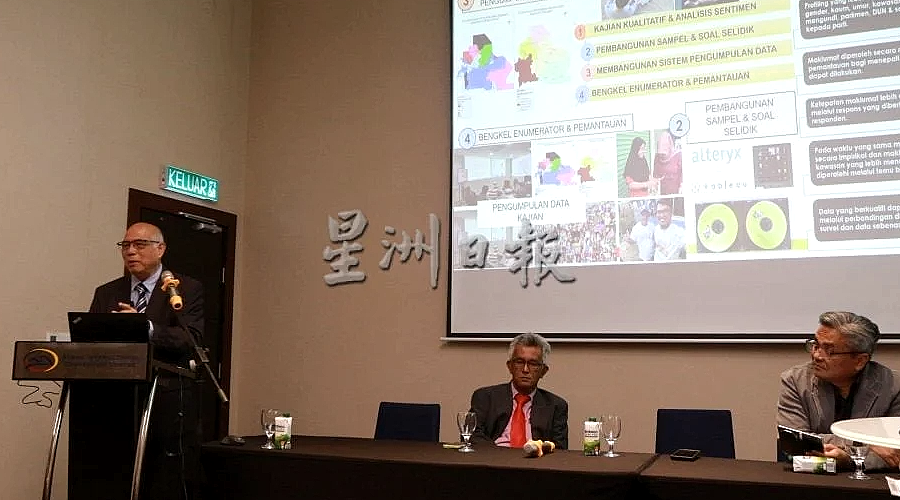
KOTA KINABALU: About 27 percent of Sabah voters are still undecided, according to a survey conducted by Darul Ehsan Institute (IDE), a Selangor-based think tank.
These voters, locally known as fence-sitters, have yet to make up their minds and will likely decide only after nominations of candidates are finalized.
“In a tightly contested race among political parties, the preferences of swing voters will be decisive in determining the election outcome,” said IDE Executive Chairman Prof Emeritus Datuk Dr Mohammad Redzuan Othman in a press conference of IDE’s research report titled “Sabah Pulse 2025” for the 17th Sabah State Election.
Nomination is set for Nov 15 and polling day falls on Nov 29.
The survey reveals that among these undecided voters, 52.8 percent are women and 47.2 percent are men.
By age group, middle-aged voters (aged 31–50) form the largest segment at 40.1 percent, followed by younger voters (aged 18–30) at 35.2 percent.
Dr Mohammad Redzuan said that 55.1 percent of swing voters reside in the west coast of Sabah, predominantly self-employed individuals and business owners (39.0 percent) as well as private-sector employees (15.3 percent).
He pointed out that 71.2 percent of swing voters prioritize individual candidate performance over party affiliation in the Sabah state election.
The primary factor influencing their voting decision is a candidate’s contributions to the local community.
“Issues related to the cost of living and federal development allocations for Sabah are among the key factors shaping swing voters’ choices,” he said.
The study also found that social media remains the dominant platform for Sabah voters to access political information.
Facebook leads with 70.5 percent, followed by TikTok (68.9 percent), WhatsApp (65.5 percent), and Instagram (19.6 percent).
Most users prefer obtaining information via social media between 8 p.m. and 10 p.m.
Nevertheless, traditional media such as television and radio continue to wield significant influence in rural areas where internet connectivity remains unreliable.
On another note, Dr Mohammad Redzuan said change of government is common in Sabah.
“People are not afraid of changing administrations and fully aware of their democratic right to do so.
“In our country, we even describe elections as a ‘carnival.’ While election campaigns here are active and exciting, they remain free from violence or serious conflict, reflecting the maturity of our electorate,” he said.
He added that Sabah’s political landscape is comparatively more mature, as its residents have experienced multiple changes in government and are long accustomed to elections—they are no longer a novelty.
ADVERTISEMENT
ADVERTISEMENT






